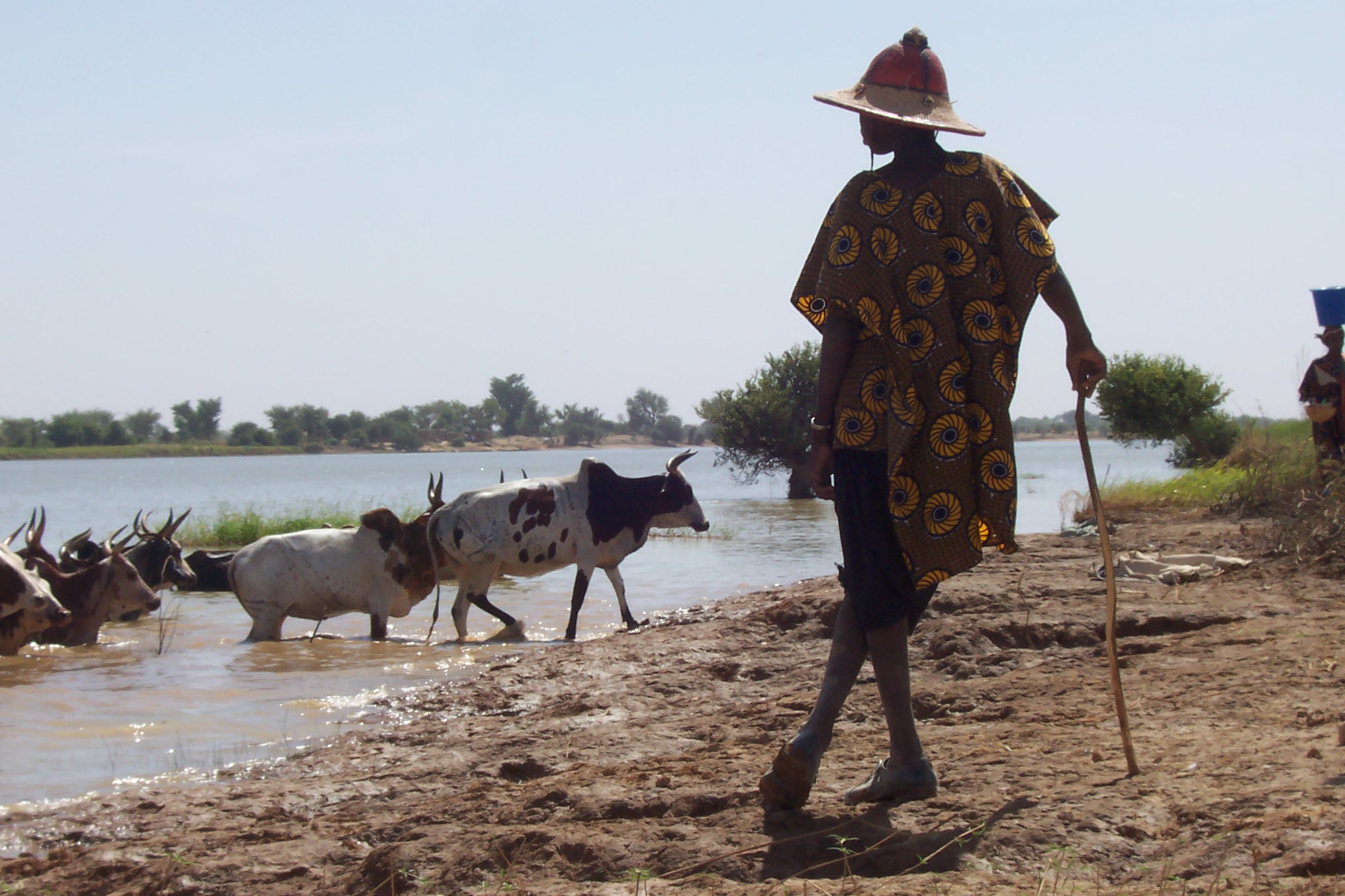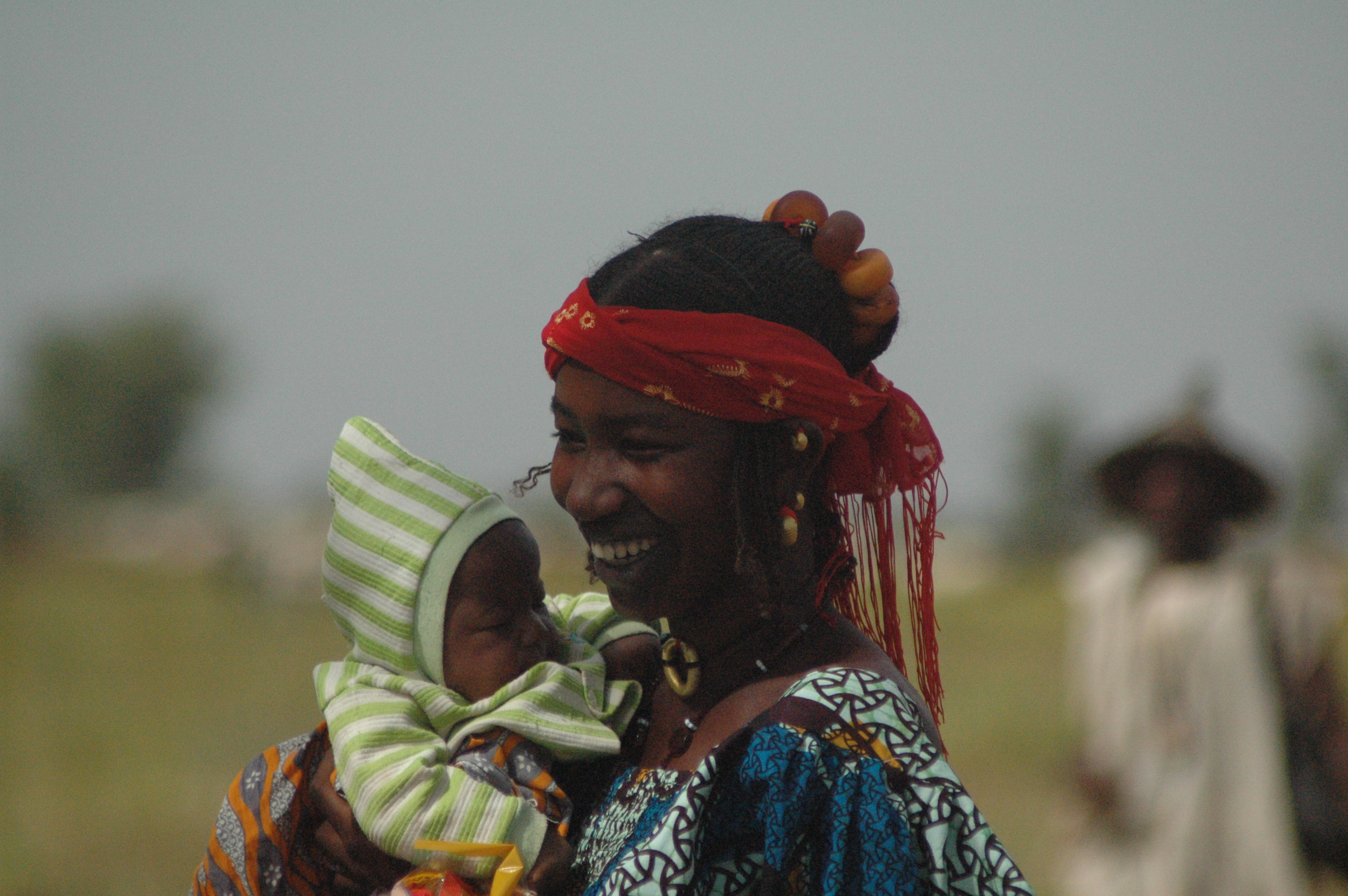Cattle herder fulani peuhl
Following the High Level Forum “Beating the Odds, building resilience in the Sahel: Pastoralism in the 21st Century”, held in Mauritania and organised jointly by the World Bank, the Mauritanian Government and CILSS, the OIE wishes to reiterate its commitment to supporting pastoral systems, as factors for development, poverty reduction and sustainable management of land.
Sofara, Mali. Picture © N. Denormandie (PACE) 2006
Dr Bernard Vallat, Director General of the OIE
In this context, it is now essential to increase investments aimed at livestock farming. Even though pastoralism is the sole economically viable development option in regions with no alternative to the use of natural plant resources by herbivores – a practice that helps to ensure appropriate land use, only 1.7% of international aid for agriculture reaches development programmes aimed at livestock farming and the Veterinary Services needed to ensure its productivity and its very survival.
Yet diseases in animals are responsible for annual mortality rates of 18 to 20% worldwide. An ECOWAS/CILSS study reported that losses due to animal diseases in Mali, Burkina Faso and Niger in 2010 totalled an estimated 921 million Euros. Sustainable control of infectious diseases is essential not only to reduce health risks and safeguard the livestock population, but also to allow access to external markets for animals and animal products and to reassure potential investors.
This requires investments that fall within the concept of Public Good and are for the most part eligible for public funding, for instance strengthening of the Regional Animal Health Centre, the preparation of regional and national contingency plans to deal with health and food emergencies, and the creation of regional and sub-regional vaccine banks.
The development of such measures aimed at the poorest animal famers (900 million are active in Africa and in Asia) implies the strengthening of partnerships at a global level. In this respect, the OIE supported the first meeting aimed at creating the “Alliance of countries with pastoralism activities by nomadic populations” in Paris in May 2013, and participates in the “Livestock Global Alliance” alongside bodies such as FAO, ILRI, the World Bank and the Bill & Melinda Gates Foundation.
“The Sahel faces considerable economic and social issues relating to animal health, but solutions do exist. The implementation of harmonised veterinary policies at regional level building on the results of OIE PVS evaluations and strengthening of collaboration between Veterinary Services and Public Health Services are ways of helping to reduce the vulnerability of pastoralist communities and to maintain this practice, both as a way of life and as an appropriate form of land management”, stated Dr Bernard Vallat.
Sofara, Mali. Picture © N. Denormandie (PACE) 2006


